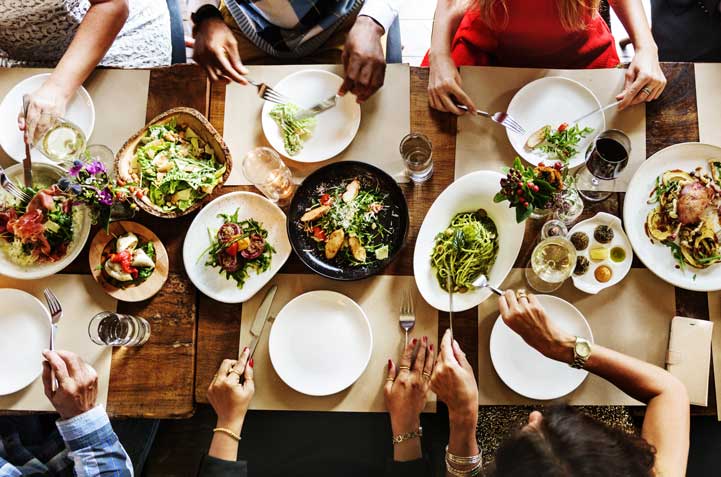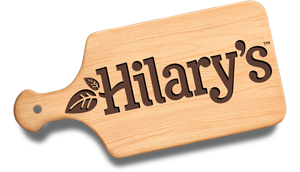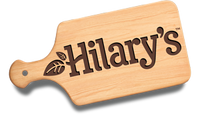Cross Contamination: What Does It Mean and How Can You Avoid It

You may hear the words cross-contamination or cross-contact being used when people, restaurants, and even food brands talk about the potential risk of exposure for people with food allergies. But what really is cross-contamination anyway? And how can you work to help protect yourself and prevent an exposure from occurring.
Cross-contamination can happen when any amount (even a very small amount) of a food allergen accidentally get into a non-allergen food, causing a cross-contamination and a potential exposure. Cross-contact is typically used to describe when a food allergen causes an exposure simply by being present on the surface of an object that then comes in contact with a non-food allergen, causing a potential reaction.
But what are some examples of cross-contamination?
The hard part about cross-contamination or cross-contact is that most of the time you won’t be able to tell visually or even through taste whether or not something has been exposed to a food allergen. However, being on the lookout for some of the most common examples and incidences of cross-contamination can really help you stay proactive and keep you from being exposed.
Some of the most common examples of cross-contamination/cross-contact are:
- Food-to-Food: This could be nuts on top of a salad, or a piece of bread placed on the side of your soup.
- Food-to-Object: Cookware or dishes that came in contact with a food allergen and then were not properly sanitized afterwards.
How Can You Avoid Cross-Contamination From Happening?
Unfortunately, most of the time when cross-contamination happens it is because you are eating out in a public place, or are simply in a public place where someone may have been consuming or handling a food allergen. While you cannot control every aspect of your environment, there are ways that you can be proactive to make sure that other people are aware of the risk cross-contamination poses to you and your health/safety.
- Speak Up For Yourself: Friends, family, waiters, etc. all need to be told and reminded of your food allergen and how to avoid cross-contamination. If you are eating out in a restaurant make sure that you make your waiter very aware of your food allergy and that your food cannot be cross-contaminated. The same goes for family members. Sometimes cross-contamination is something that people even with the best intentions overlook, so just kindly remind your friends/family about how to avoid cross-contamination if you are eating in their home.
- Carry Disinfectant Wipes: When traveling or eating out in public places that you know are higher risk for cross-contact contamination to happen, it can be helpful to bring disinfectant wipes with you that you can quickly use to sanitize the table or chairs you come in contact with.
- Do Not Share Food/Drinks/Utensils: Sharing food and drinks can be tempting but if you have a food allergy it is best to avoid sharing all food and drinks. This will avoid any cross-contamination that can be shared through saliva.
- Educate Friends/Family: Your friends and family members may not have food allergies, which means that they cannot be expected to know what to do. It is up to you to educate them. Print out a simple handout for them to reference as a reminder when cooking for you, or when you may be coming to visit. This article would also be a great link to send to them for simple guidance on how they can help prevent cross-contamination exposures from happening in their homes.
While cross-contamination can happen, it is important to remember that there is so much that is in your control. Get comfortable speaking up for yourself, take necessary precautions, and know that you have an emergency plan in place if you were to be exposed to a food-allergen through cross-contamination. With these tools in your back pocket you can feel confident knowing that you are doing everything you can to keep an accidental exposure from happening.

Megan Faletra, MS, MPH, RDN, is a integrative dietitian, food-allergy specialist, and founder of The Well Essentials, a sustainable healthy living brand dedicated to empowering people to change the way they choose to consume to support a healthier body and planet. Megan also runs a virtual nutrition counseling practice from Boston, MA where she works to help improve her clients health and relationship with food through personalized nutrition counseling. She has been featured in countless publications including: Forbes, Rodales Organic Life, The Huffington Post, and many more. When she is not working you can find her traveling, hiking, doing yoga, and cooking something up in the kitchen…her favorite room in the house.

